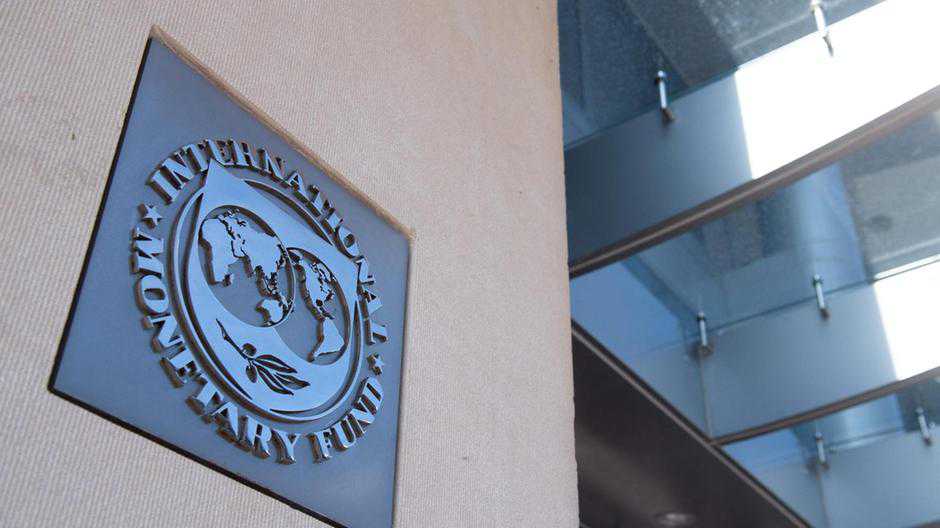IMF set to finalise plans for $650bn upsurge in reserves by August
27 June, 2021

The International Monetary Fund expects to finalise plans to complete the allocation of special drawing rights of $650 billion, the largest issuance in its history, by the finish of August.
The measure would strengthen the Washington-based lender's reserves after it distributed a lot more than $109bn in emergency loans and credit card debt relief to countries struggling to handle Covid-19 pandemic-driven economic, social and healthcare challenges.
“Today the IMF executive board discussed a proposal for a new $650bn SDR allocation - the major issuance in the IMF’s history targeted at helping its membership, especially the most vulnerable, overcome the Covid-19 crisis," fund spokesman Gerry Rice said following the the board's meeting on Friday.
"The board discussion is another step in the process toward a fresh SDR allocation, which we be prepared to be completed by the end of August.”
A rise in SDRs was one of several measures the fund had needed at its joint meetings with the World Bank in April this season.
SDRs are a global reserve asset created by the IMF in the late 1960s. They are based on a basket of five global currencies - the US dollar, the euro, the Chinese yuan, the Japanese yen and the British pound.
The pandemic tipped the global economy into its worst recession because the Great Depression this past year, with the world output shrinking 3.3 %.
However, an instant vaccine campaign by nations around the world and the injection of about $16 trillion of fiscal stimulus by governments and $9tn of monetary support by central banks has helped the global economy to bounce back. It is forecast to expand by 6 % in this year, in line with the fund.
Typically, the economies in the Mena region are anticipated to grow by 4 % this season, after a contraction of 3.4 per cent in 2020. Growth is likely to be faster in oil-exporting countries (at 4.8 %) than it really is for oil importers (2.3 per cent).
The IMF's response to the pandemic has been centered on providing emergency financing and credit card debt relief to the world's poorest countries, as well as campaigning for global governments to acknowledge bilateral debt relief deals.
Earlier this month, the IMF and the World Bank setup a high-level advisory group of economists, development finance specialists and academics to devise approaches for a sustainable recovery from the pandemic.
“The world faces two huge crises - the pandemic and the climate emergency - that demand radical and co-ordinated action,” Kristalina Georgieva, the IMF's managing director, said.
“Through policy analysis and practical proposals, the high-level advisory group will play an integral role in this effort.”
The IMF can be exploring the creation of a trust that could allow its members to lend the fund's reserves to more countries, including middle-income nations susceptible to climate change.
The Band of Seven high-income countries have already given the fund the "green light" to work on the program, Ms Georgieva said following the end of the G7 summit in England, earlier this month.
The fund plans to utilize its members in the coming months how they could reallocate a few of their special drawing rights, or use budget loans to attain - or even exceed - the purpose of distributing $100bn to some of the most vulnerable nations.
Source: www.thenationalnews.com
TAG(s):
